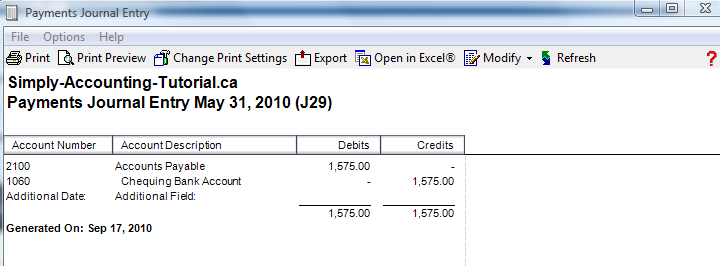

Some lenders are facing high call volumes because of the pandemic, so the wait time may be long. To reach out to your lender, look for a customer service number on a copy of your bill for your mortgage, credit card, auto loan, or other loan. The CARES Act calls these agreements “accommodations.” Receive a suspension for federal student loan payments.Forbear (temporarily stop paying) any delinquent amounts.

These programs are sometimes called "hardship" or "relief programs." These programs may allow you to enter into an agreement to: You can reach out to your lender or creditor and find out what options or programs are available. Under the CARES Act, in certain situations, lenders are required to report your accounts as current. Some lenders are also saying they will not report late payments to credit reporting agencies or are waiving late fees for borrowers due to this pandemic. The Coronavirus Aid, Relief, and Economic Security (CARES) Act has forbearance and credit reporting requirements that may apply to your situation.Īs with other natural disasters and emergencies, your creditors or lenders may be willing-and in some case are required-to provide forbearance, loan extensions, a reduction in interest rates, and/or other flexibilities for repayment. Many lenders and creditors have announced proactive measures to help borrowers impacted by COVID-19. If you are having trouble paying your bills, it’s important to reach out to your lender or creditor. This includes mortgage servicers and credit card companies, as well as utility providers, cell phone service, landlords, and others that you owe money to and who provide data on accounts in collection. Many lenders and creditors report your payment performance to credit reporting agencies (also known as consumer reporting companies or credit bureaus).


 0 kommentar(er)
0 kommentar(er)
